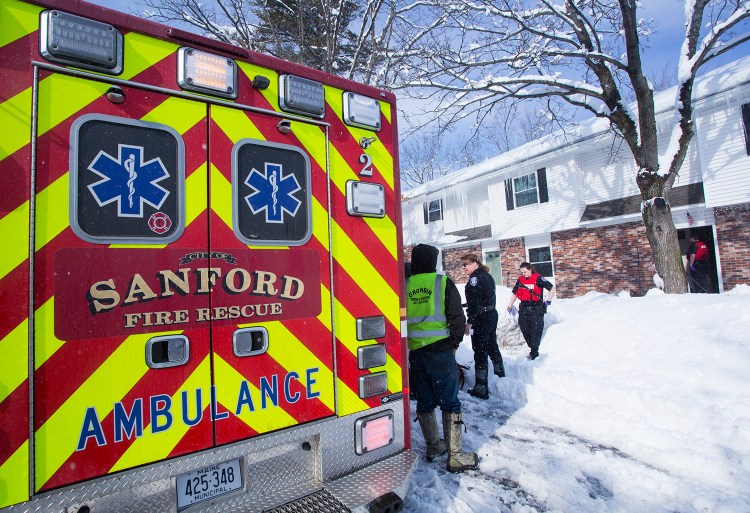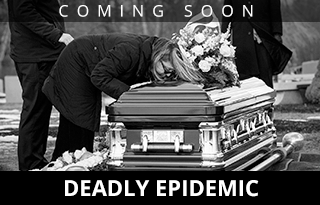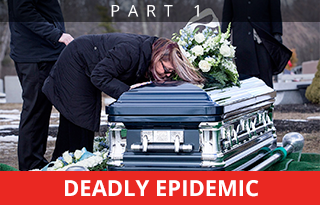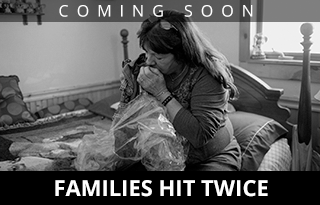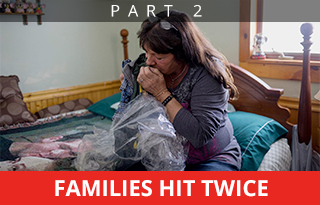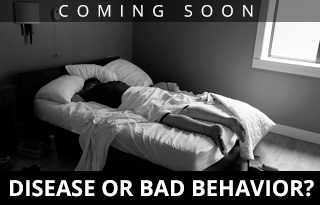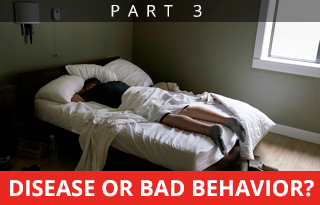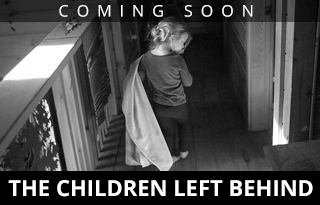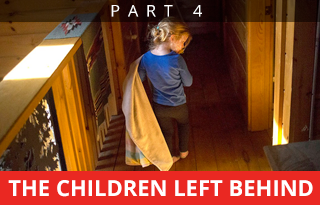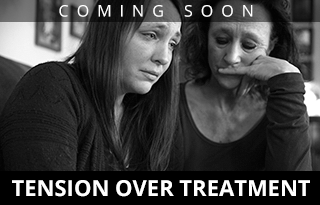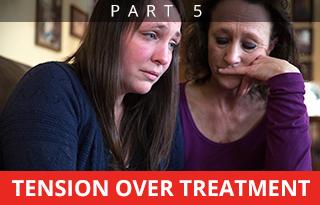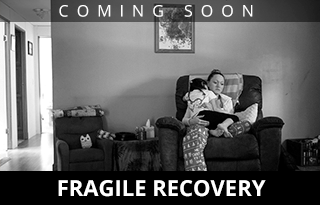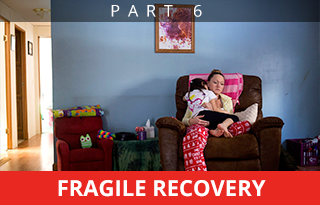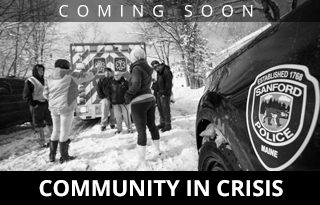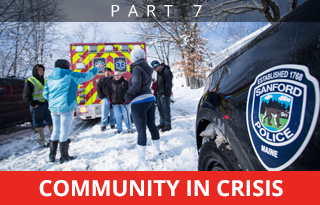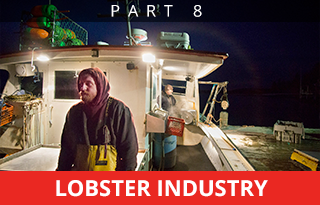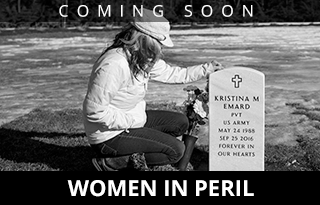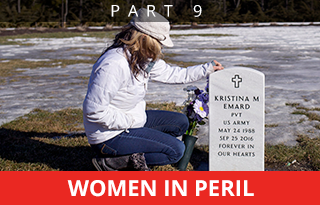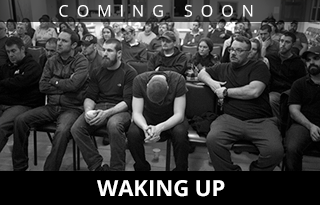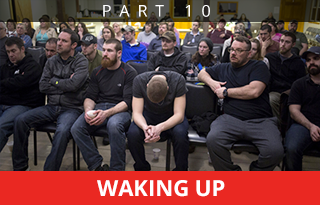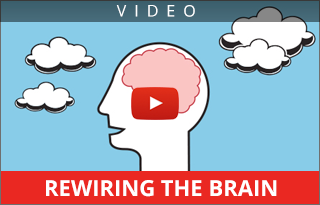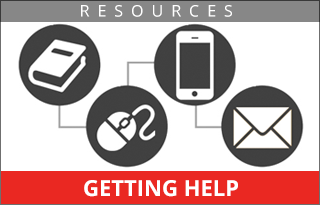Readers of the Portland Press Herald/Maine Sunday Telegram flooded the newspaper with responses to “Lost,” stories about the human impact of Maine’s heroin epidemic.
Many readers were moved by the intensely personal accounts of suffering, loss and redemption among Mainers whose loved ones succumbed to an overdose, or who were struggling themselves to escape the clutches of addiction.
Others related their personal or family experiences with heroin or other opioids, saying the series could easily have been written about them.
And some took issue with the stories, disputing the conclusions and urging readers to consider other points of view.
Here is a sampling of the responses to “Lost” from emails, online reader comments and social media posts:
“I am the father of a son that is addicted to opiates and I have been relating painfully to the content of your article,” said an email from a reader who asked to remain anonymous. “Then, this last Sunday when I saw the cover layout for “Lost” and the faces of the women and men who were ‘our’ women and men – citizens of the State of Maine – did I realize that my own son’s face could just as easily have been there as not, but for a simple twist of fate.”
From another parent’s email: “My daughter was literally plucked out of her first year in high school residing in an upper middle class town, playing lacrosse, taking dance classes, having sleepovers, all the typical things girls do at that age by a guy she met while out in Portland, he gave her a pill and that was the beginning of her nightmare … My heart goes to out to those families who lost their loved ones, I know the desperation and pain too well.”
Another reader said his youngest son is in recovery from addiction, goes to a methadone clinic daily and hopes to be reunited with his own 3-year-old son someday. “I pray to God that he is successful and makes it through, to live a full life raising his son, but I am always fearful, with every story of how strong this addictive drug is, and how it drags these young people back in for a final time…I feel like I am always holding my breath…waiting for a knock on the door or a phone call,” the reader wrote in an email. “Thank you for bringing this out to the public and enlightening them as to the fact that these are good young people, that are in the claws of an evil substance, that I feel the creators…the pharmaceutical companies are responsible for.”
Many readers were touched by the photos and short profiles of 60 people who died of overdoses in Maine in 2015 and 2016:
Stories about how opioids affect the brain, and how addiction is seen as a chronic brain disease, rather than bad behavior, generated a fierce debate and conflicting reactions.





Readers were deeply touched by the stories of grandparents taking on the challenge of raising children who lost parents to overdoses, and of Mainers in recovery struggling to rebuild their lives:

Send questions/comments to the editors.

